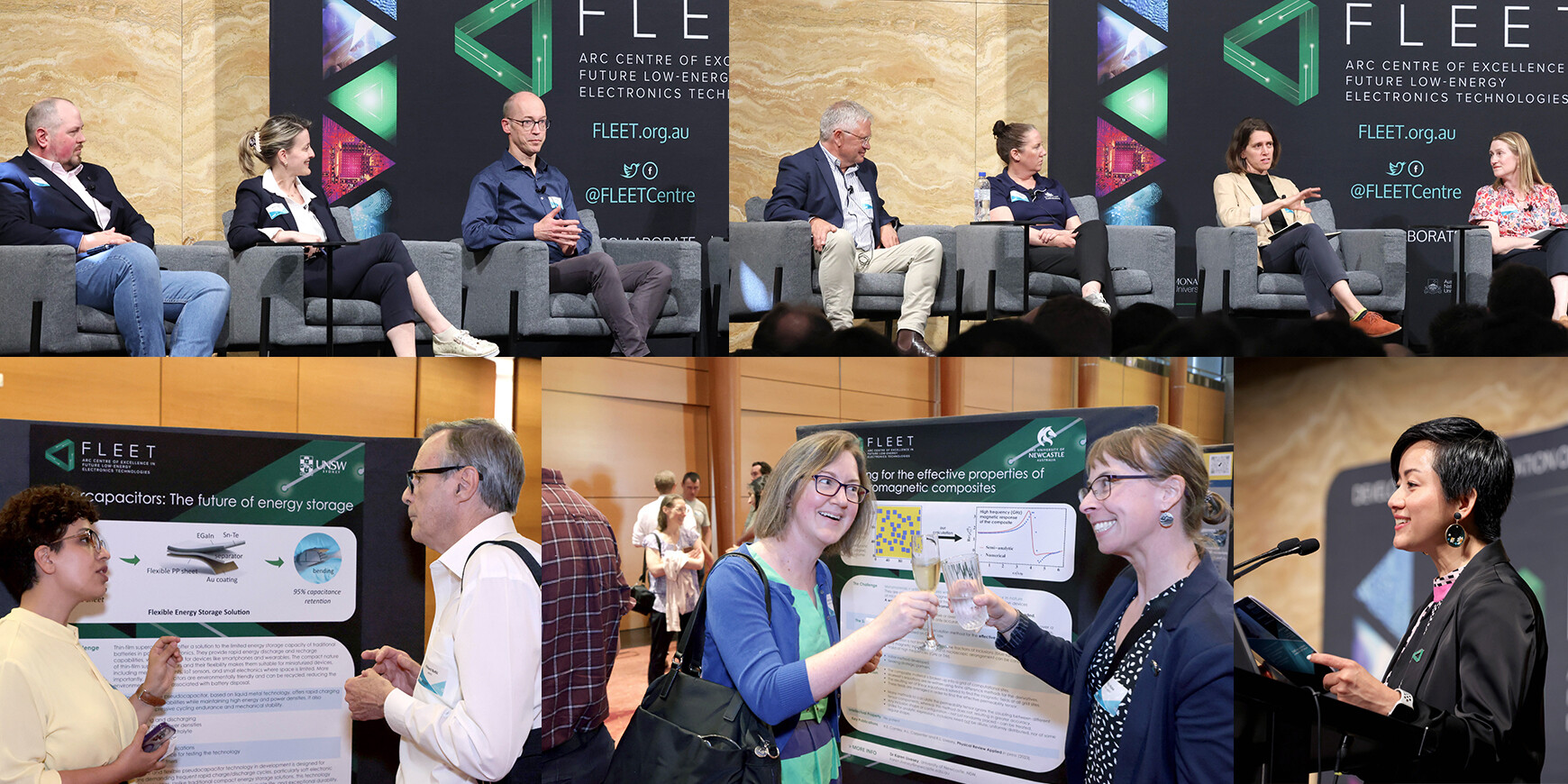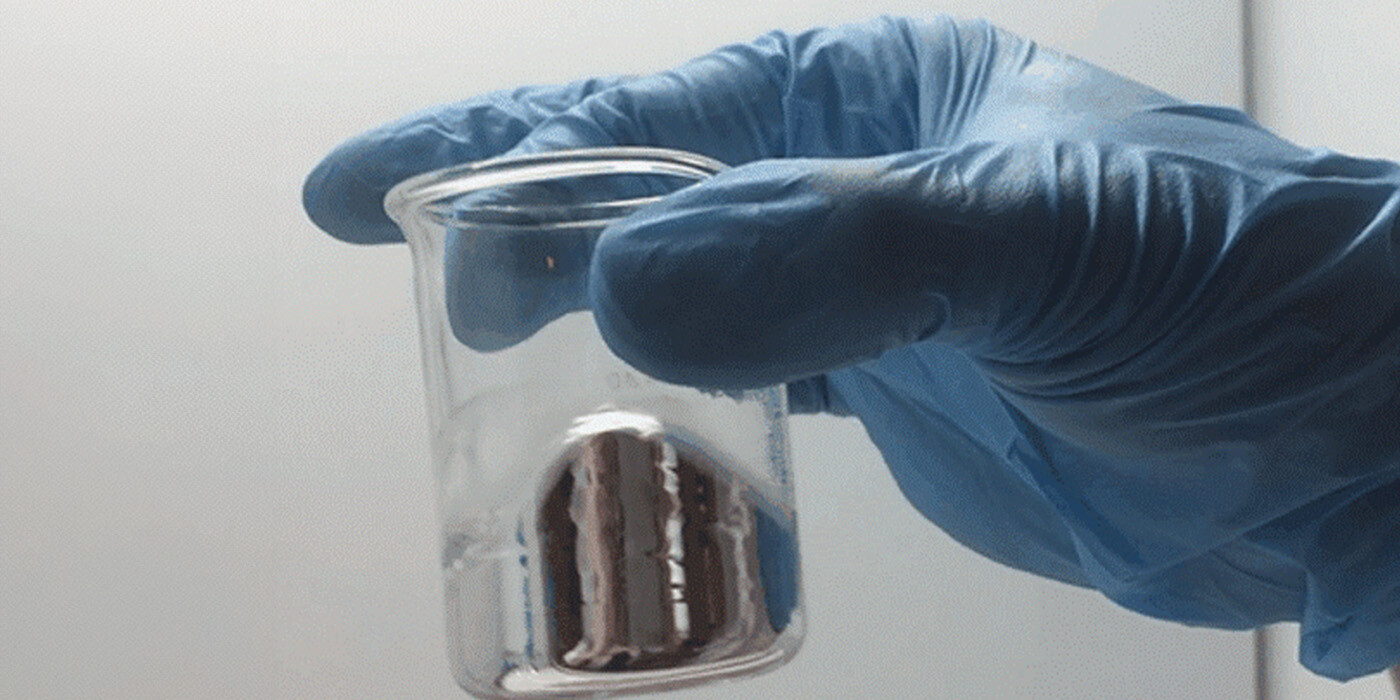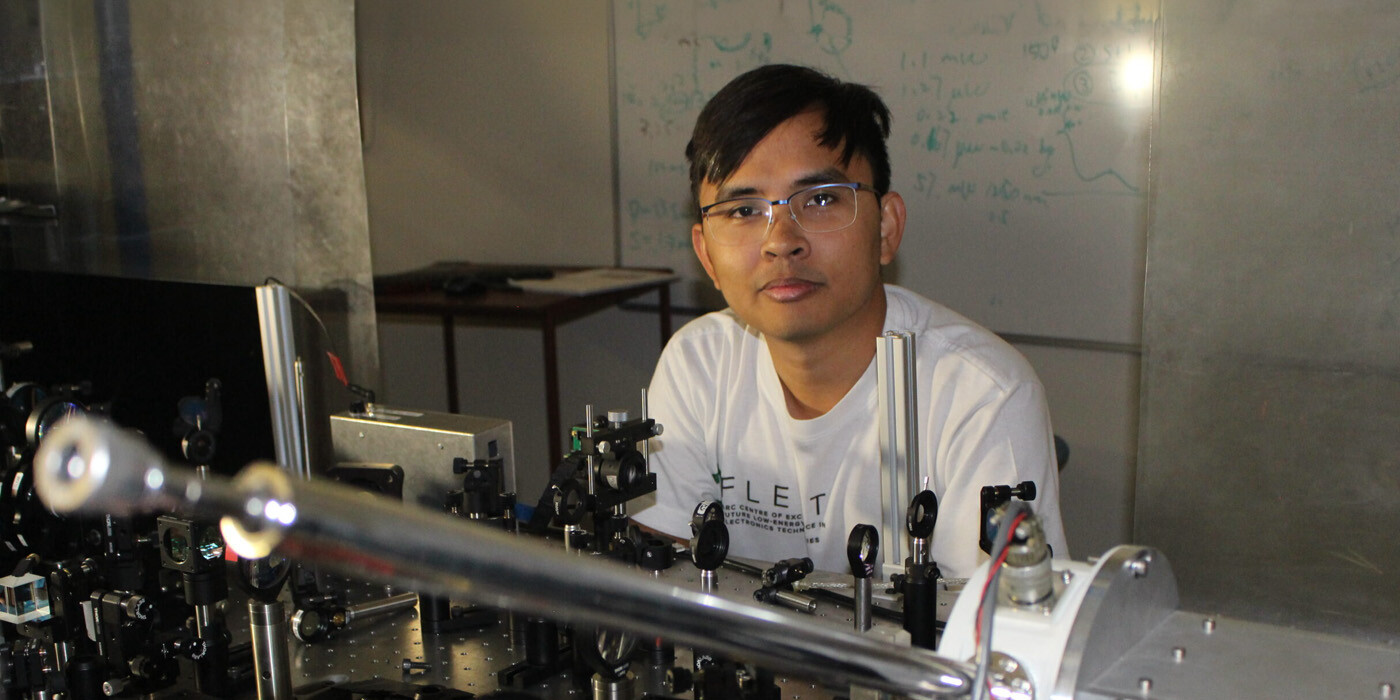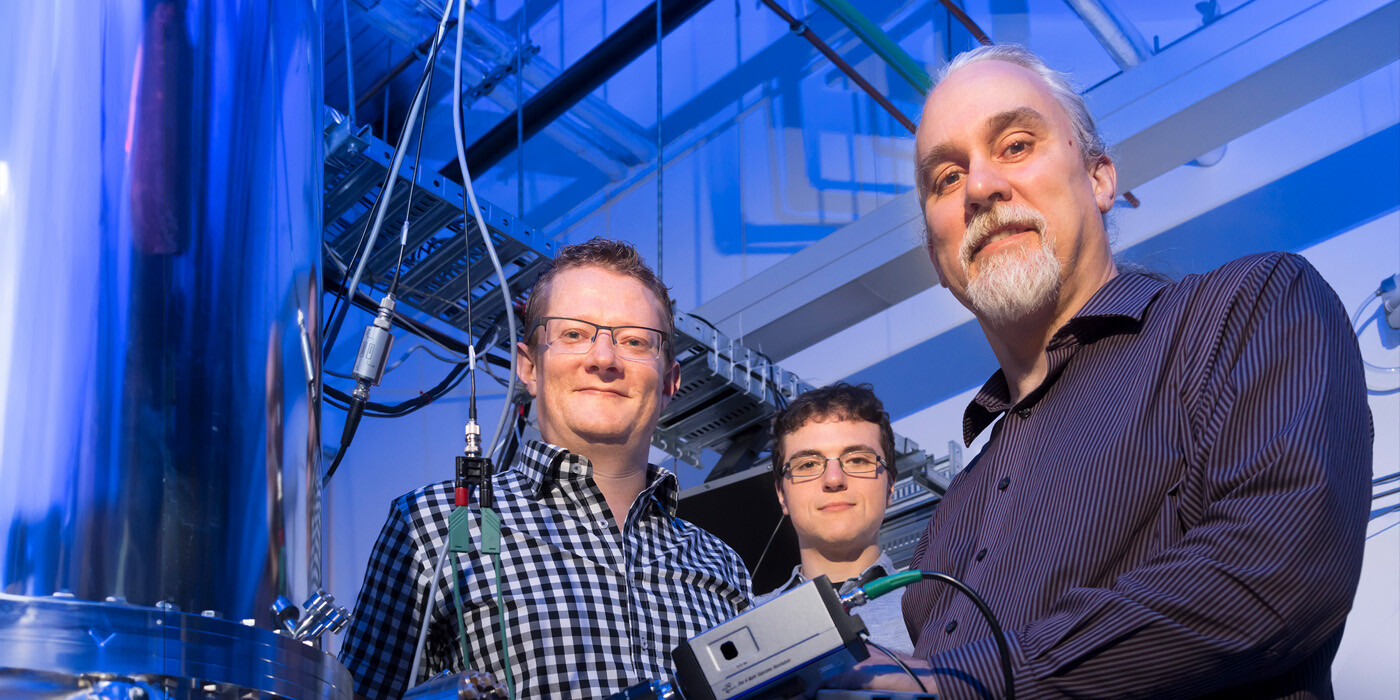$99.6M
of additional research funding secured
10
patents lodged
2
spin-offs and 1 technology licensed
Enabling a sustainable future for computing through energy-efficient electronics technologies.
Computing provides overwhelming benefits to the community and economy. FLEET’s mission has been to enable the continuing growth of computing, without that growth being ‘throttled’ by the availability and costs of energy.
The challenge is to reduce the energy used in information and communication technology, which accounts for at least 8% of global electricity consumption and is doubling every decade.
The current, silicon-based technology (CMOS) is over 60 years old and has almost reached the limits of its efficiency.
It is predicted that without a seismic shift in efficiency, global computing capacity will be strongly limited by energy in the next couple of decades.
Computing makes every other industry more sustainable, and is key to solving the largest future challenges.
We want to use computers to better model the results of climate change, to create better drugs, and to better understand how viruses reproduce.
But without new technology that switches at much lower energy, we won’t be able to do these things.
Direct advances at FLEET towards lower-energy electronics include highly energy-efficient topological transistors (described in the case study).
Meanwhile, liquid-metal-based ‘spin off’ technologies discovered along the way promise other advances towards a more-sustainable future (see the case study).
Case Studies
Supporting programs with impact
FLEET has strategically invested in programs designed to maximise research impact through translation, training, industry engagement and commercial outputs.
Liquid-metal technologies opening pathways to sustainable science
FLEET collaborations yielded liquid-metal discoveries allowing new, cheaper 'touch printing' of materials with environmental benefits including carbon-capture, water filtration, and hydrogen catalysis for alternative energy systems.
A fundamental physics discovery
FLEET researchers achieved the first-ever ‘snapshot’ of Bose-Einstein condensation, the quantum state known as the fifth state of matter.
Future topological electronics
FLEET researchers achieved a world first: successfully ‘switching’ a topological material, via application of an electric field: a step towards low-energy topological transistors.



